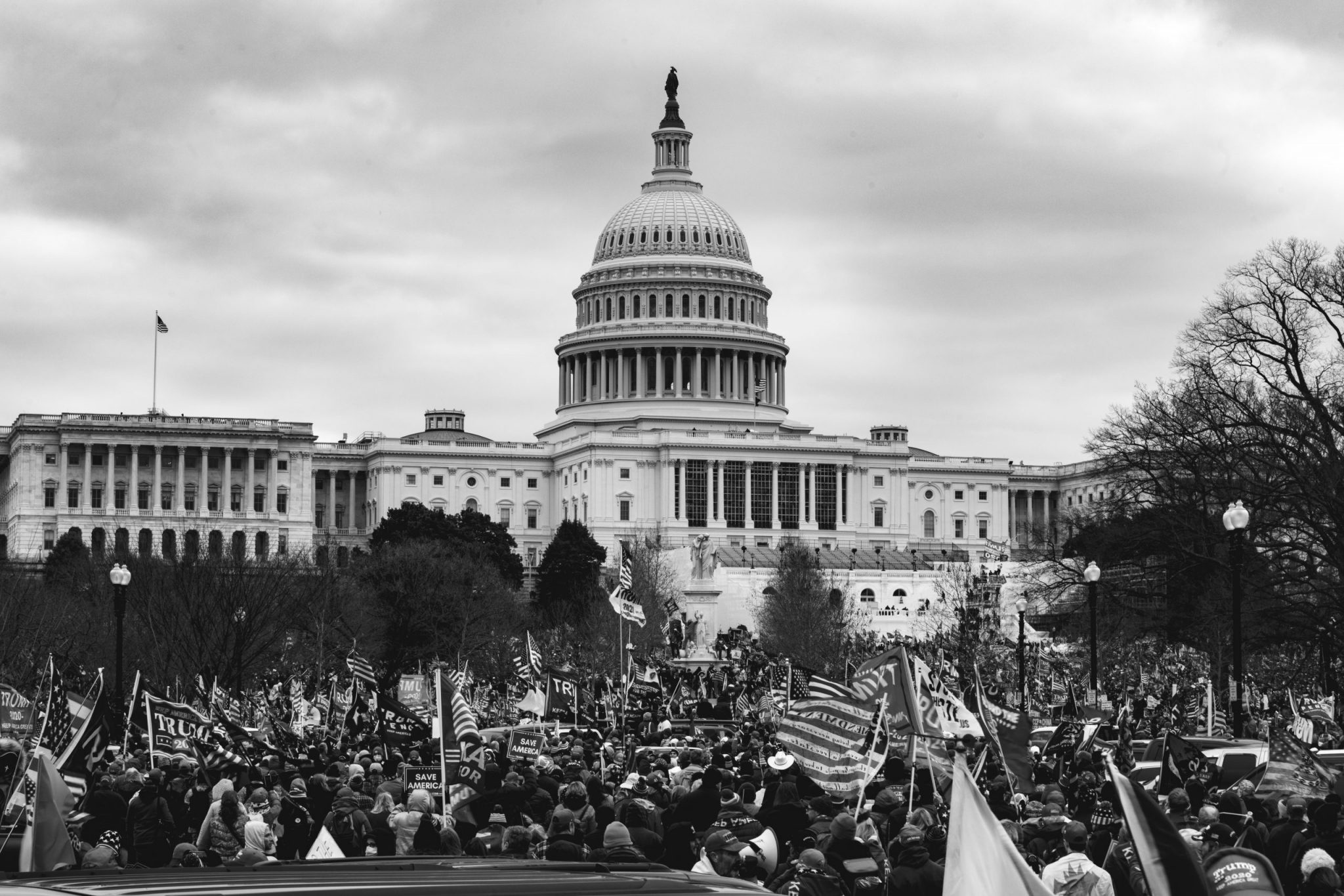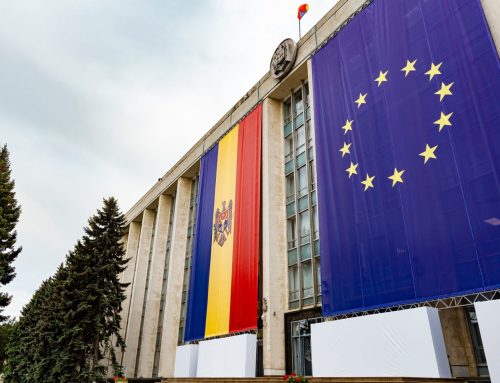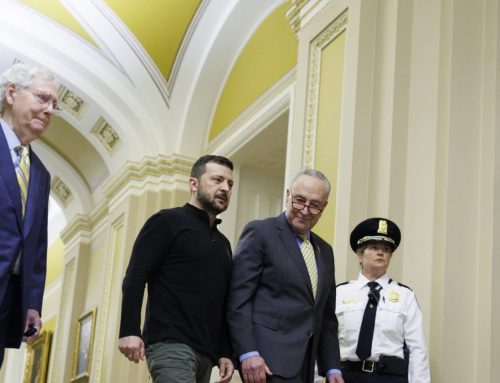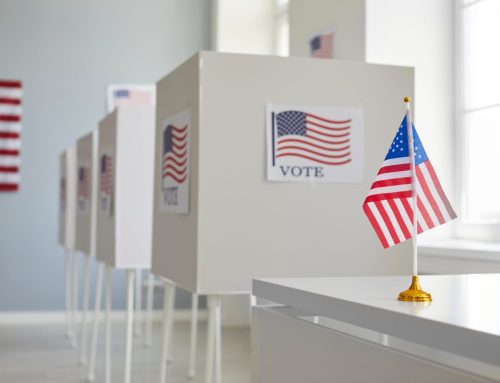Earlier this month, the Congressional committee investigating the Capitol insurrection said former President Donald Trump’s chief of staff Mark Meadows turned over a PowerPoint titled, “Election Fraud, Foreign Interference & Options for 6 JAN.” The document shows that Trump allies drew up a plan to upend U.S. democracy by falsely claiming foreign powers had manipulated the 2020 election.
Domestic actors seeking to delegitimize elections through baseless allegations of foreign interference are doing the work of U.S. adversaries. These unfounded charges erode confidence in U.S. democracy at home and abroad. They leave the nation more vulnerable to real interference in the future. And no one in Moscow, Beijing, or Tehran even needs to lift a finger.
State and federal election officials, along with private sector experts, found that the 2020 election was the most secure in U.S. history. A joint statement issued by the Department of Homeland Security’s cybersecurity agency stressed that there was “no evidence that any voting system deleted or lost votes, changed votes, or was in any way compromised.”
The proven integrity of the 2020 election, though, has not stopped Trump allies from attempting to use bogus claims of foreign interference to discredit U.S. election systems.
The PowerPoint presentation that Meadows handed Congress included a recommendation for Trump to delay the election’s certification by declaring a national emergency based on a false assertion that “China has leveraged financial, non-governmental and foreign allies including Venezuela to acquire influence and control US voting infrastructure in at least 28 states.” The argument is ridiculous.
The National Intelligence Council’s report on foreign interference in the 2020 election found that “China did not attempt to influence the presidential election outcome.” There is no evidence that Venezuela tried to compromise U.S. election infrastructure. Russia and Iran conducted the most assertive interference campaigns, but the intelligence community found that no foreign actor attempted to alter “any technical aspect of the voting process.”
Regardless, the person behind the PowerPoint’s claims of Chinese and Venezuelan interference, retired Army colonel Phil Waldron, was taken seriously enough to discuss the topic with the president, the White House chief of staff, and various Republican lawmakers in the Senate and the House, who he briefed in the days before the January 6 insurrection.
Arizona Senate President Karen Fann consulted Waldron when deciding to hire the firm Cyber Ninjas to conduct a conspiracy-driven election review. Cyber Ninjas went on to search for bamboo fibers in Arizona ballots to ensure they had not been imported from China.
Trump’s allies have not limited their fake foreign interference claims to China or Venezuela. In a film by Mike Lindell, the head of MyPillow and vocal election conspiracist, Waldron said servers in Germany, Spain, and the United Kingdom manipulated the 2020 election. Likewise, Meadows asked acting attorney general Jeffrey Rosen to investigate a theory that individuals in Italy used military technology and satellites to tamper with U.S. election equipment, changing votes for Trump to votes for Biden.
Baseless foreign interference allegations have been more damaging than any operation launched by U.S. adversaries against the 2020 election. While Russia and Iran spread election-related disinformation, neither country crafted a narrative that the U.S. president and lawmakers considered a basis on which to stop the country’s peaceful transition of power.
Homegrown disinformation on foreign interference has reached the Oval Office, influenced election audits, and been shared with millions of Americans seeking to discredit an election outcome that they dislike. These claims are undermining faith in U.S. elections—past and future—and degrading respect for U.S. democracy on the world stage.
False allegations of foreign interference also make it easier for autocratic regimes to sow further distrust in U.S. elections. Outside actors now have the choice to amplify domestic disinformation or to create their own complementary campaigns—or to do both. These narratives also set the stage for a small election-related hack to have an outsize impact on public perception of election integrity.
There are real interference challenges to address. Russia remains a persistent and sophisticated threat to U.S. elections. China is increasingly brazen on the world stage, particularly in the information space. Iran showed its willingness to disrupt U.S. democratic processes in 2020.
Defending against foreign interference shouldn’t be partisan. Republicans and Democrats should shore up U.S. vulnerabilities to outside manipulation by increasing election funding, regulating social media platforms to stem the spread of disinformation, and closing the loopholes that have enabled foreign money to flow into U.S. politics.
It’s past time for the United States to manage real interference threats.
The views expressed in GMF publications and commentary are the views of the author alone.





